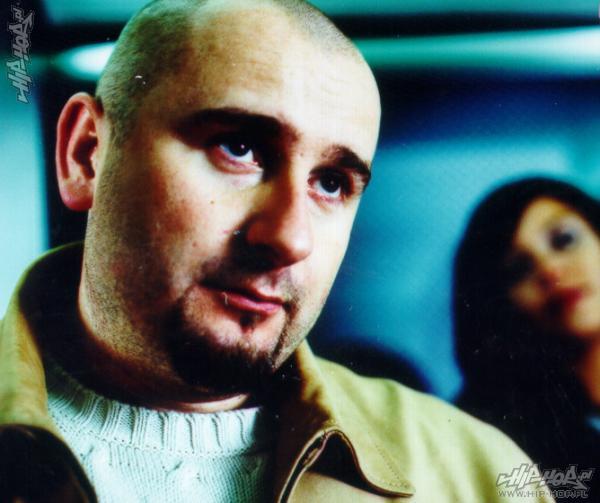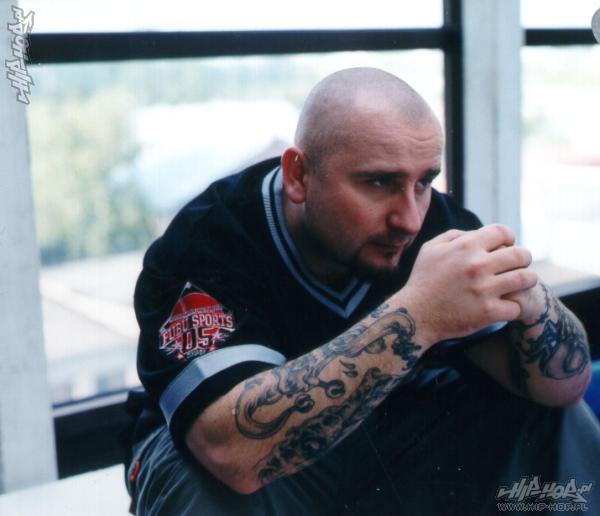Language /
Use of prefixes in f.s tense/rules for forming them? [23]
I really meant 'Będę pisał' or 'Napiszę' = Future imperfective vs. perfective
I thought so :)
Logic' is something other then 'precision'. German, for example, is considered to be a very precise language, yet hardly logical, what with it's myriad case endings for articles as well as nouns (occasionally) and particularly adjectives.
There's logic of a language (semantics) and logic of it's grammar, and these can be two different things. Polish grammar is not logical - you have a proof of it in the posts above. I'd say English grammar is much more logical. As for German, I'm really not in the position to judge its logic, as my friendship with that tongue ended when the adjectives came up and I was supposed to decline a combination of an article plus an adjective plus a noun in three different gender patterns... I chickened out :)
But, theoretizing a bit, logic is not dependent on the degree of complication; German grammar, with all its case engings, might still be logical, who knows? I don't.
Precision is yet another matter and it depends on what you mean by the word. There exist languages in which you can count only to five and then it's "many many many"... a German definitely wouldn't call such a language precise, would they? :) But, all the same, for the native speakers of this language the "many many many" might be a very precise information. In turn, German would not be precise enough for the Eskimos who have something like thirty words for various kinds of snow. The question is, on which level of reality you want to be precise.
Working as a translator, I have to every day cope with situations when precision in one language doesn't find any equivalent in the other, and it always works both ways, En-Pl as well as Pl-En. There's really no saying which of the two is more precise, they are both precise, each in its own way. Sometimes it's the matter of choosing the right word, sometimes the word order, intonation, little things. Anyway, any language conveys equally precise messages, they're just different messages and different kinds of precision... well, i's getting late and I'm close to quoting Wittgenstein now, so I'd better stop here :)
 PolishForums LIVE / Archives [3]
PolishForums LIVE / Archives [3]

